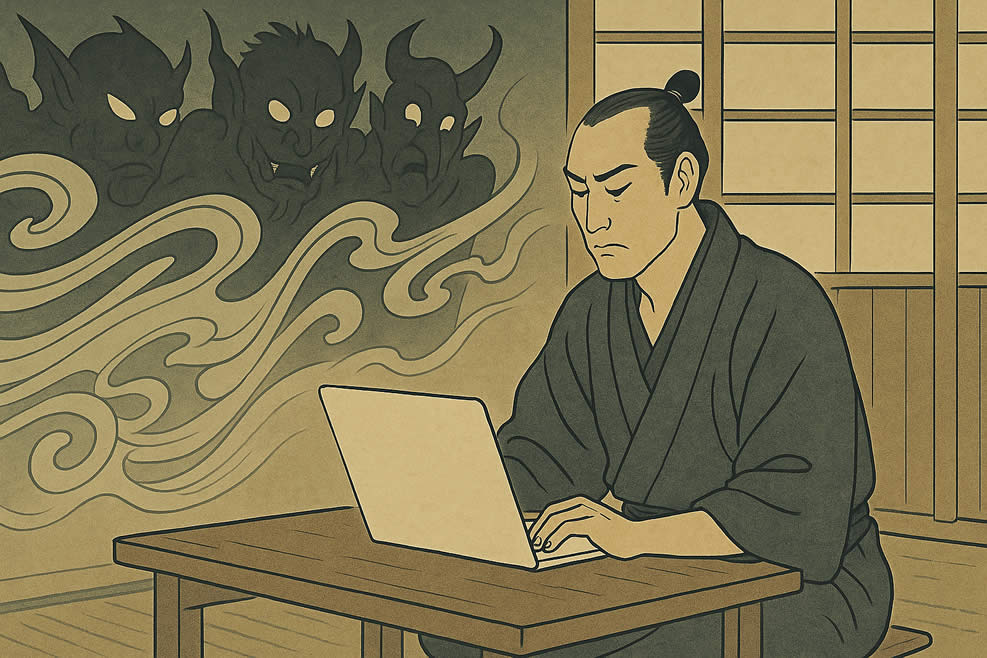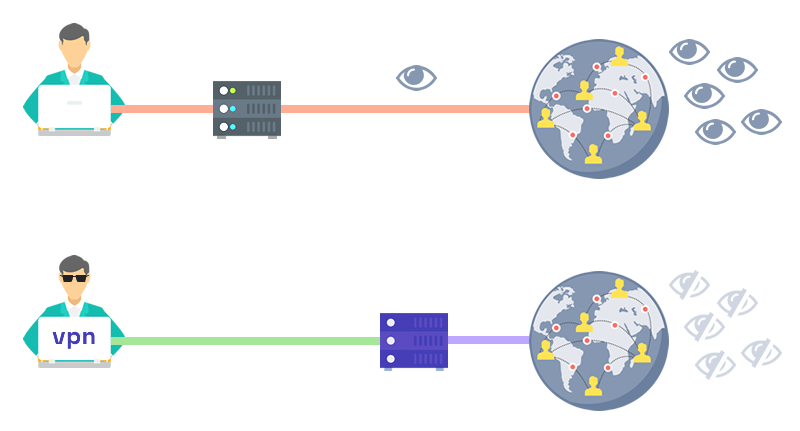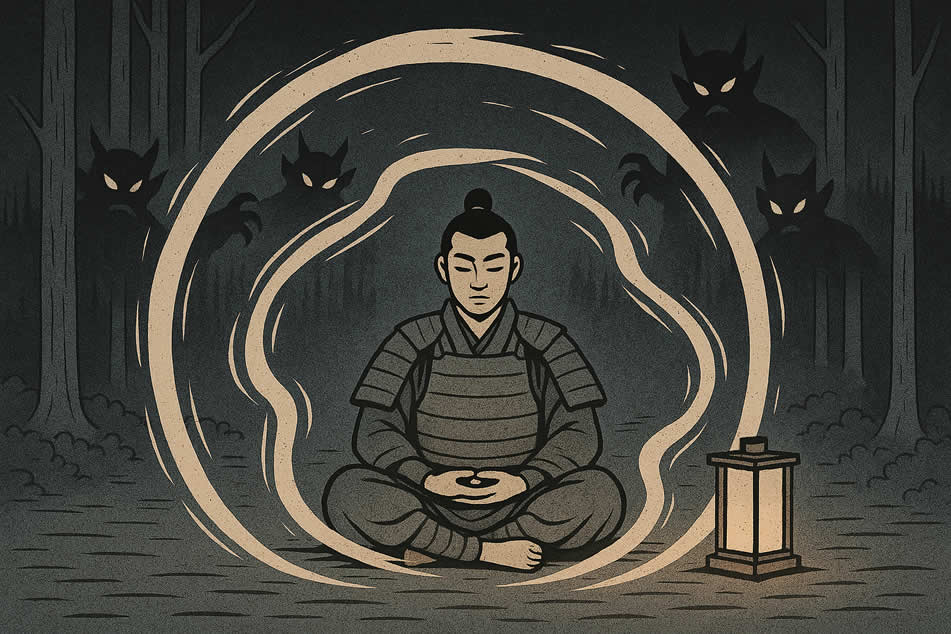Imagine this:
you’re sipping a suspiciously overpriced cappuccino ☕ at an airport lounge, scrolling through your email… completely unaware that someone nearby could be watching your every online move.
Yeah, not great.
That’s just one of the reasons VPNs have gone from nerd-only tools to everyone-should-probably-have-one status.

But what exactly is a VPN? How does it work, and is it something you actually need – or just more digital snake oil?
In this beginner guide, we’ll break it all down to answer the following questions:
- What a VPN does – and how it protects your data
- VPNs for streaming – can they unlock blocked content?
- VPN legality – where it’s fine, and where it’s… less fine
- Picking a VPN – how to choose one that won’t screw you over
So whether you’re here for privacy, Netflix, or just curiosity – scroll on. Let’s demystify the VPN once and for all:
How VPNs Work (Without the Tech Jargon)
Why Use a VPN? Real-World Benefits
Drawbacks and Limitations
VPN vs Other Tools (Proxy, Tor, Antivirus)
Are VPNs Legal?
How to Choose a VPN That Doesn’t Suck
Frequently Asked Questions
Final Thoughts: Do You Actually Need a VPN?
What Exactly Is a VPN?
Let’s start with the basics:
A VPN (short for Virtual Private Network) is an app or service that creates an encrypted tunnel between your device and the internet.
Think of it as a private, invisible corridor that hides your online traffic from snoopers 👀 whether it’s your internet provider, the government, or a sketchy guy at the coffee shop.

Once connected to a VPN, your data travels through this secure tunnel to a VPN server (which could be in another city, country, or continent), and from there to the wider internet.
To any outsider, it looks like you’re browsing from the VPN server’s location – not your actual one. That’s why people use VPNs to do things like:
- Access websites and apps blocked in their region
- Keep their IP address hidden from advertisers and trackers
- Stay safe on public Wi-Fi networks
But here’s something important to remember: a VPN doesn’t make you “invisible” online — it just makes it much harder for anyone to trace your activity back to you.
And that alone makes it a pretty handy tool in 2026.
How VPNs Work
Okay, so now we know what a VPN is. But what’s actually going on behind the scenes when you press that big “Connect” button?
Here’s the simplified version:
When you turn on a VPN, it encrypts your internet traffic and sends it through a remote server before it reaches the websites or apps you’re using.
That process does three very important things:
- Encrypts your data – so no one on the network can read what you’re doing (not even your internet provider).
- Changes your IP address – websites and services will see the IP of the VPN server, not your real one.
- Bypasses restrictions – by making it seem like you’re in a different location, it can unlock content that would otherwise be blocked.
The cool part? All of this happens in the background, usually with just a single tap or click.
You don’t need to be a hacker or know how to code. Most modern VPN apps are dead simple to use — even your grandma could probably unlock the Netflix catalog now 🇺🇸📺
Why Use a VPN? Real-World Benefits
Let’s face it: most people don’t get a VPN just because they love privacy.
They get one because they want to watch something, download something, hide something, or protect something.
Here are the most common (and actually useful) reasons why people use VPNs in 2026:
- Streaming without borders: want to watch a Netflix show that’s only available in the US or UK? A VPN lets you switch your digital location and access content as if you were actually there.
- Safe browsing on public Wi-Fi: cafés, hotels, and airports are hacker hotspots. A VPN encrypts your traffic so no one can sniff out your passwords or credit card details.
- Private browsing (for real): even if you’re not doing anything sketchy, your ISP still tracks what you do online. A VPN blocks that — and helps avoid targeted ads that follow you around like a clingy ex.
- Bypassing censorship and blocks: live somewhere where certain sites or apps are blocked? VPNs let you dodge firewalls and access the open internet (even in countries like China or Russia — more on that below).
- Better deals on flights or services: some websites show different prices depending on your location. With a VPN, you can compare pricing from different countries — sometimes with surprising results.
Of course, not everyone needs all of these — but if even one of them applies to you, a VPN might be worth it.
And if you’re thinking “okay, but what’s the catch?” — good question. That’s what we’ll look at next:
Drawbacks and Limitations
Alright, time to lift the hood a little.
While VPNs are great for a lot of things, they’re not magic. Here’s what you should know before rushing off to install one:
- They can slow you down: because your traffic takes a detour through a VPN server, you might notice slightly lower internet speeds — especially with free or overloaded services.
- Some websites block them: certain banks, video platforms, and apps (like PayPal or BBC iPlayer) may detect VPN traffic and deny access until you disconnect. Annoying, but it happens.
- Not all VPNs are trustworthy: some free VPNs make money by logging your activity and selling the data — the exact thing a VPN is supposed to protect you from. Irony level: 9000.
- They don’t make you anonymous: a VPN hides your IP and encrypts your traffic, but it doesn’t erase cookies, browser fingerprints, or the fact that you’re logged into Facebook while doomscrolling.
- Can be clunky on some devices: while most modern VPN apps are slick, certain smart TVs, game consoles, or routers might need extra setup to get it working properly.
So yeah — VPNs are useful, but they’re not a one-click privacy shield from the future. They’re just one tool in your digital toolbox.
Up next: how VPNs compare to other privacy tools like proxies and Tor.
VPN vs Other Privacy and Security Tools
So what makes a VPN different from all other software used for similar purposes?
Let’s break it down:
| Tool | What It Does | Best For | Limitations |
|---|---|---|---|
| VPN | Encrypts all internet traffic and hides your IP address | Privacy, streaming, public Wi-Fi, bypassing restrictions | May slow down speed; not 100% anonymous |
| Proxy | Routes your connection through another server (but no encryption) | Simple IP switching, low-stakes unblocking | Not secure, often unreliable or slow |
| Tor | Encrypts traffic through multiple nodes for anonymity | Maximum privacy, avoiding surveillance | Very slow, blocks many websites, overkill for most users |
| Antivirus | Scans files/apps for malware and viruses | Protecting devices from local threats | Doesn’t protect your data or hide your identity online |
Bottom line: a VPN is the best all-rounder if you’re looking for privacy, streaming freedom, and safer public Wi-Fi.
For true anonymity, you’ll need something like Tor — but it comes with serious trade-offs.
Alright, time to address the 🐘 in the room:
Are VPNs Legal?
In most countries? Yes.
In a few? Not so much.
Here’s the deal:
Using a VPN is completely legal in the vast majority of the world — including the US, UK, EU, Canada, Australia, and most of Asia and Latin America.
In fact, many companies use VPNs every day to protect remote workers and internal networks. So no, you won’t “get in trouble” just for using one.
But there are some exceptions:
- 🇨🇳 China: VPNs not approved by the government are technically banned. Foreigners usually get away with it, but it’s a grey zone.
- 🇷🇺 Russia: legal to use, but many VPN providers are blocked. Some have pulled out of the country altogether.
- 🇮🇷 Iran and 🇹🇲 Turkmenistan: VPN use is heavily restricted or outright prohibited, especially if you are a local.
- 🇦🇪 UAE, 🇴🇲 Oman, 🇪🇬 Egypt: VPNs aren’t banned outright, but using one to access VoIP or blocked sites can lead to fines.
So should you worry?
If you’re just trying to protect your privacy or access Netflix from another country, you’re not breaking any laws in most places.
Just don’t use a VPN for illegal stuff — the VPN doesn’t make crimes magically okay!
…And if you are traveling to a more restrictive country like China? Install and test your VPN before you go — many VPN websites are blocked once you’re inside.
SO how do you choose a VPN that’s actually worth your time (and money)?
How to Choose a VPN That Doesn’t Suck
Let’s be real: there are way too many VPNs out there.
They all claim to be fast, private, secure, and magical ✨ – but not all of them live up to the hype. Some are just reskinned clones, others are shady data-harvesting schemes in disguise.

So, how do you pick a good one? Here are the 5 key things to look for when choosing a VPN in 2026:
- No-logs policy: this means the VPN doesn’t store any record of your online activity. No logs = nothing to leak, sell, or hand over to authorities.
- Strong encryption: AES-256 is the gold standard. Bonus points if they support modern protocols like WireGuard or OpenVPN.
- Good speeds: look for VPNs with a large server network and solid speed test results — otherwise, streaming and browsing will feel like 2004 dial-up.
- Reliable unblocking: not every VPN can access Netflix, BBC iPlayer, or other geo-restricted services. If that’s important to you, make sure it works.
- Transparent pricing + refund policy: avoid bait-and-switch offers. A decent VPN should have clear pricing and a no-questions-asked money-back guarantee.
Oh — and one more thing: avoid 100% free VPNs unless you really know what you’re doing –
Free services often come with speed caps, ads, or worse: they collect your data and sell it to ad networks (which sort of defeats the whole point).
If you want our take on the top choices, check out our top-3 VPN list for 2026.
Frequently Asked Questions
Before we wrap up, let’s look at some of the most popular questions the internet has about VPNs:
Do I really need a VPN?
If you care about privacy, online freedom, or use public Wi-Fi often, then yes — a VPN is a smart move. It’s not mandatory, but it’s one of the easiest ways to boost your digital safety.
Can a VPN make me completely anonymous online?
No. A VPN hides your IP and encrypts your traffic, but it doesn’t block cookies, browser fingerprints, or tracking scripts. For full anonymity, you’d need more tools — and a lot more effort.
Is it legal to stream Netflix with a VPN?
Yes, it’s legal — but it may violate Netflix’s terms of service. Worst case? They might block your connection (temporarily), but you won’t get banned or fined.
Can I use a VPN on my phone?
Absolutely. All top VPNs have mobile apps for both iOS and Android — and in some ways, using a VPN on your phone is even more important than on your laptop, since mobile traffic is more often exposed.
Do VPNs work on smart TVs or game consoles?
Yes, but not always natively. Some VPNs offer Smart DNS features or router support, which lets you protect every device on your network — even if it doesn’t have a VPN app.
Will a VPN slow down my internet?
Usually just a little. Since your traffic is rerouted and encrypted, there’s often a small speed hit. That said, with a fast VPN and nearby server, you might not even notice it.
Final Thoughts: Do You Actually Need a VPN?
Here’s the short version:
If you spend any meaningful time online – especially on public networks, streaming platforms, or outside your home country – yes, a VPN is definitely worth considering.
It’s not just for hackers, dissidents, or people trying to watch Japanese Netflix from a Berlin hostel 🦄
A good VPN helps you to:
- Keep your browsing private — from ISPs, trackers, and advertisers
- Stay safe on sketchy Wi-Fi — like airports and hotels
- Access content that’s otherwise blocked or geo-restricted
- Regain some digital control in an increasingly surveilled world
It’s not a silver bullet. But it’s a simple, affordable tool that solves a surprising number of digital problems – without requiring any technical skills.
Need help choosing one? Head over to our curated list of the best VPNs for 2026 to compare top options and find one that fits your needs:
Got questions? Or perhaps some experiences to share? Hit us up in the comments section below, we do read and reply!
